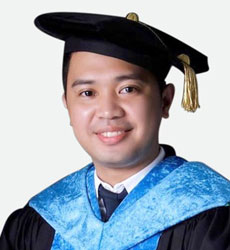Columnist's note: The issue of mother tongue education in the Philippines remains a focal point for discussion among linguists and educators in the country. With this in mind, I continue sharing not only my own opinions but also those of other linguists and educators. This week, the column features Prof. Marilu Rañosa-Madrunio, one of the most respected linguists and language educators in the country. Her work spans many interesting topics in the world Englishes, contrastive rhetoric and language education. She pioneered forensic linguistics in the Philippines.
THE past few years have been a journey for educators who have played a crucial role in implementing the reforms in our country's basic education system. The most recent reforms are the Kindergarten to Grade 12 (K-12) program and the Matatag curriculum. The K-12 program, which aimed to strengthen the curriculum by extending the primary years of education from 10 to 12, was implemented in school year (SY) 2012–2013, and the first batch of students who had to go through the whole system began their kindergarten expecting to finish it in SY 2023–2024. With the program's implementation, the additional two years in high school, called senior high school (SHS), materialized in 2016.
Register to read this story and more for free.
Signing up for an account helps us improve your browsing experience.
ContinueOR
See our subscription options.


